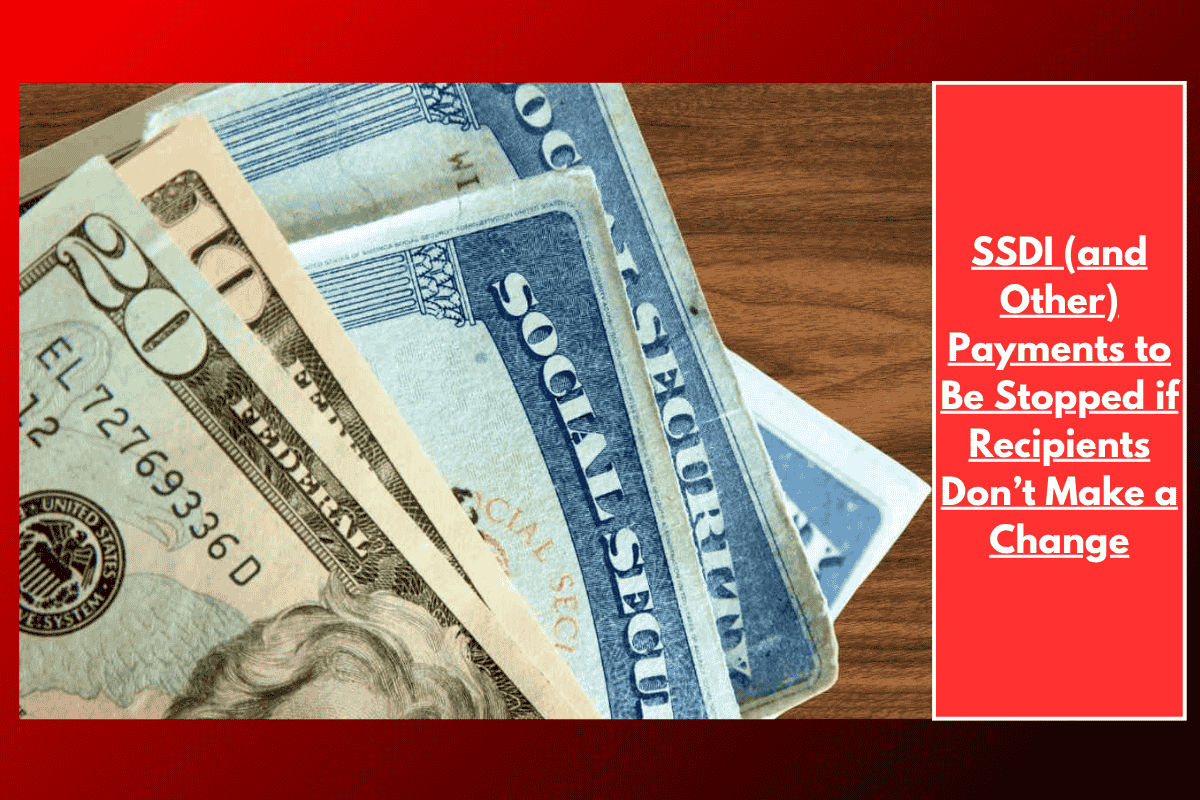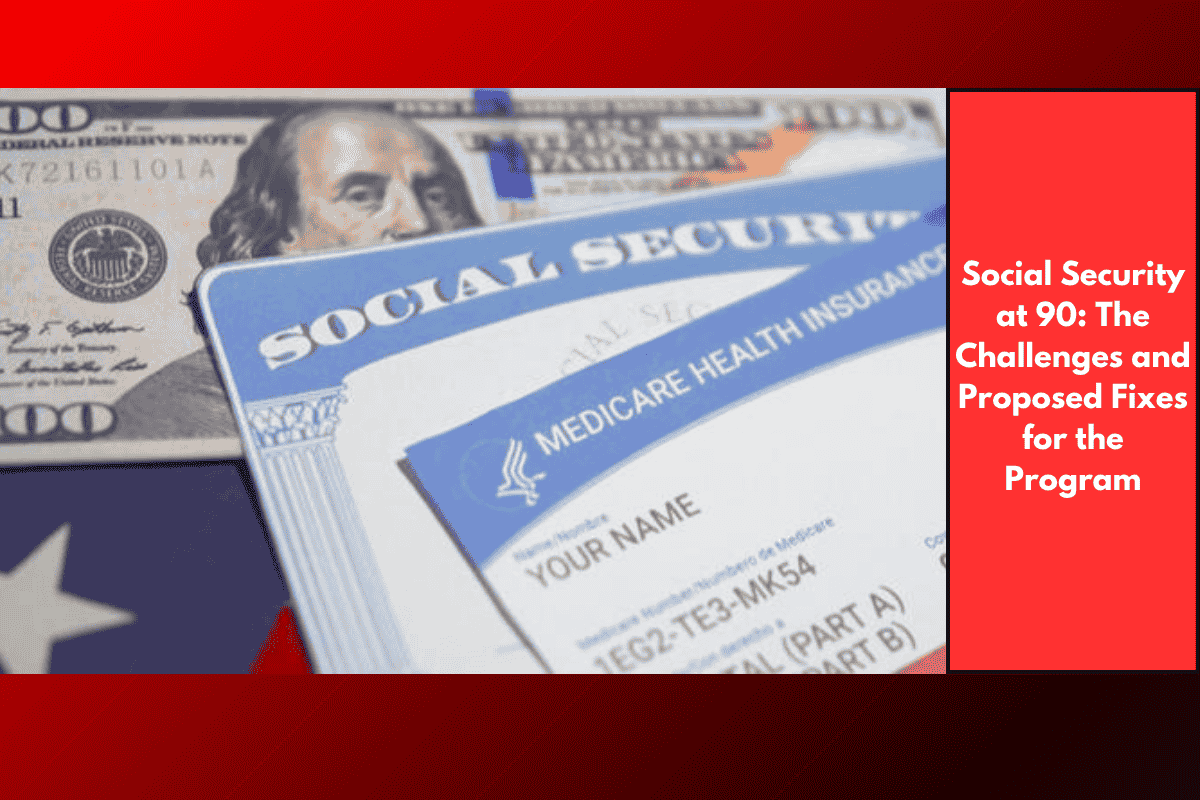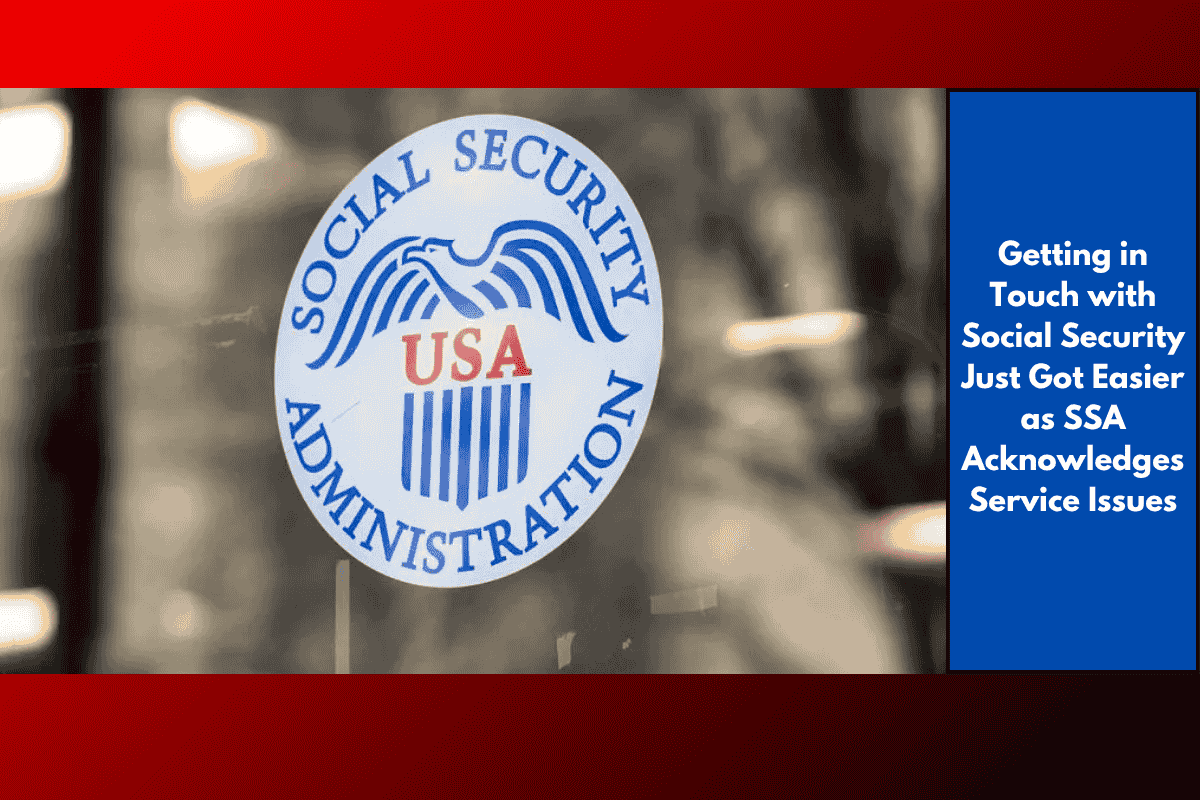For millions of Americans who rely on Social Security Disability Insurance (SSDI) and Supplemental Security Income (SSI) benefits, knowing when and how they’ll receive their payments is critical for managing their monthly expenses. As the Social Security Administration (SSA) prepares to implement changes in payment systems, beneficiaries must act to avoid disruptions in their payments.
Key SSDI and SSI Payment Dates for July 2025
Supplemental Security Income (SSI): SSI recipients always receive their payments on the first business day of the month. Since July 1st, 2025, fell on a Tuesday, that was the official payment date. If the 1st falls on a weekend or holiday, the payment is typically made on the last business day of the previous month. For example, June’s payments were made in advance due to the holiday.
Social Security Disability Insurance (SSDI): Unlike SSI, SSDI payments depend on when the individual started receiving benefits and their birthdate. Here’s the breakdown for July 2025:
Before May 1997: SSDI recipients who started receiving benefits before May 1997 will get their payment on Wednesday, July 3rd.
Born between the 1st and 10th of the month: Wednesday, July 9th
Born between the 11th and 20th: Wednesday, July 16th
Born between the 21st and 31st: Wednesday, July 23rd
Payments are typically released electronically in the early hours of each specified day, and for most people using direct deposit, the funds will be available by noon.
How Much Money to Expect
For those receiving SSI and SSDI benefits, the amount of money they’ll receive depends on their program and individual circumstances.
SSI Benefits: For 2025, the federal maximum SSI amount is $967 per month for individuals and $1,450 for eligible couples. These amounts could be reduced if the beneficiary receives additional housing or food assistance. Some states offer additional supplements, so it’s essential to check with local or state agencies for more details.
SSDI Benefits: SSDI benefits are calculated based on an individual’s work history and earnings. The average SSDI payment for 2025 is estimated at $1,580 per month, but there can be wide variation. Beneficiaries with long careers or higher earnings may receive up to $5,108 per month. The typical range, however, falls between $1,200 and $2,000. It’s worth noting that SSDI payments may be subject to federal taxes for those with additional sources of income.
The End of Paper Checks for SSDI Payments
In a major shift, July 2025 marks the final stages of the SSA’s plan to eliminate paper checks completely. This initiative, which started back in 2013, aims to transition all federal payments to electronic methods, including direct deposit and the Direct Express prepaid card.
This change is designed to reduce administrative costs, prevent fraud, and eliminate the risks of lost or stolen checks. Electronic payments are faster and are not affected by potential postal delays.
The SSA is urging beneficiaries who are still receiving paper checks to switch to an electronic payment method immediately. Starting September 2025, those who haven’t made the switch may face interruptions in their payments.
How to Make the Switch
Beneficiaries can update their payment preferences through several methods:
Online: Log in to the SSA’s online portal to switch to direct deposit or set up a Direct Express card.
By Phone: Call the SSA’s helpline at 1-800-772-1213.
In Person: Visit a local SSA office to make the change.
The SSA has been running informational campaigns, especially targeting older adults and individuals with disabilities, to ensure a smooth transition to electronic payments.
July 2025 brings important changes for SSDI and SSI recipients, with the federal government pushing to fully eliminate paper checks. Beneficiaries must make the switch to electronic payments before September 2025 to avoid payment interruptions. Take action now to ensure that your benefits are delivered smoothly and securely.














